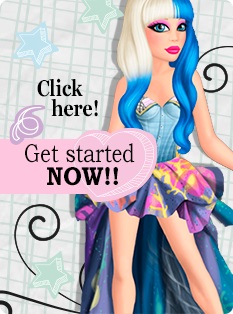Letter To Your Future Self
19. February 2026 14:00
Letter To Your Future Self Competition
Ramadan is a time of reflection, growth, and intention. As we move through this month, it’s a chance to think about the habits we want to build, the ways we want to improve, and the person we hope to become, even in small ways.
For this competition, we invite you to write a letter to your future self. Share your goals, hopes, or intentions for the coming weeks. It could be a new habit you want to try, a mindset you want to nurture, or simply a promise to yourself to slow down and reflect.
There is no right or wrong way to do this. Whether your goals are big or small, personal or practical: let your letter be a reminder of your growth and a guide for the month ahead.
The winners of the competition will receive these amazing items by Verdana:


Every valid entry will receive the feather item as a reward for participation.
Competition Information
✦ Write a letter to your future self, one month from today. Share your goals and intentions for the coming month. Use between 100 and 500 words.
✦ 10 winners will receive community event items created by Verdana. Every valid entry will receive the feather item as a reward for participation.
✦ The competition runs until March 10 23:59 CET.
✦ Only one entry per user. It is not allowed to use your alt account(s) to participate in this competition.
✦ Make sure that the entry is made by you.
✦ You are not allowed to use AI in this competition.
✦ goSupermodel is allowed to disqualify your entry without any notice if we feel that is needed.
Love,
Zander
